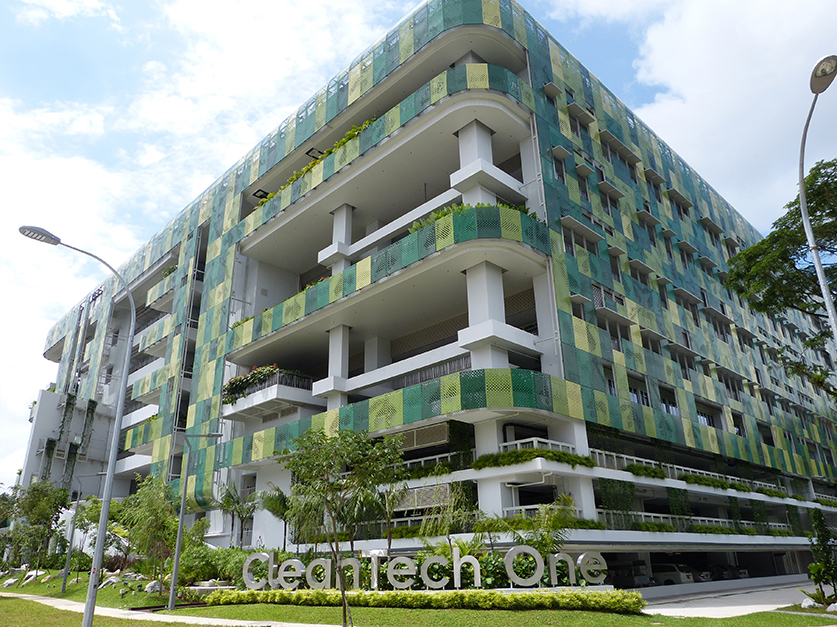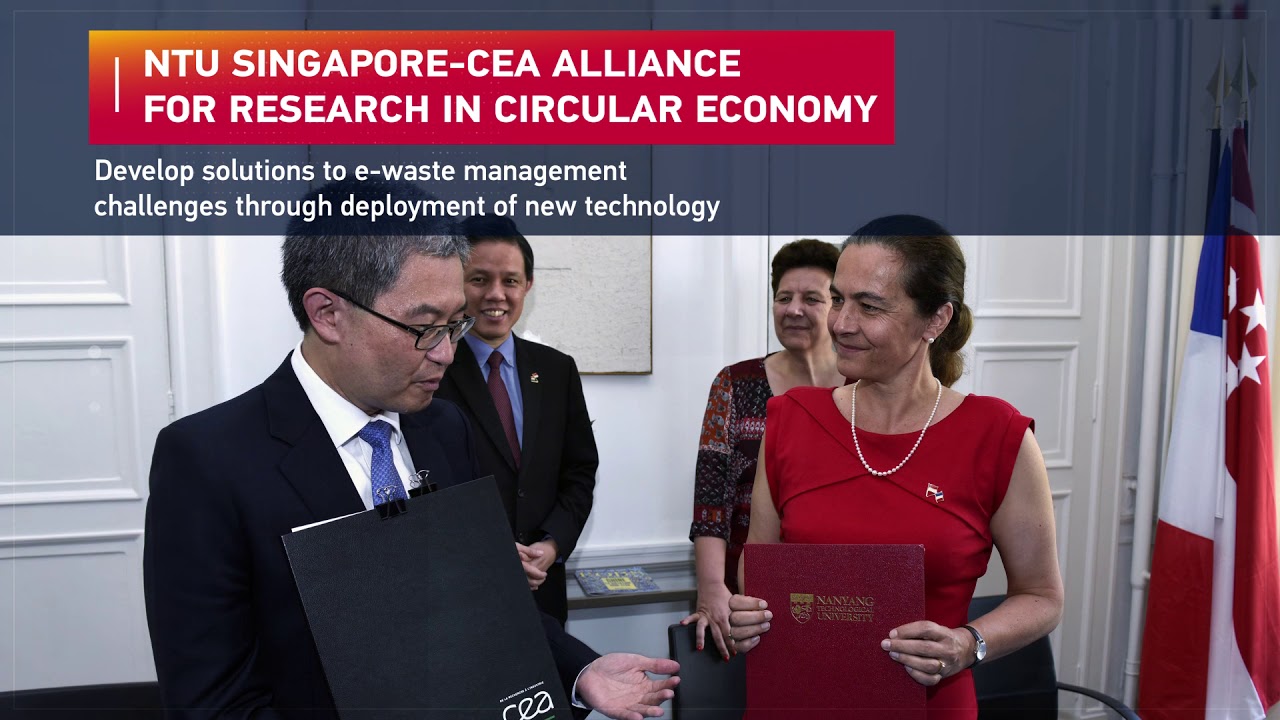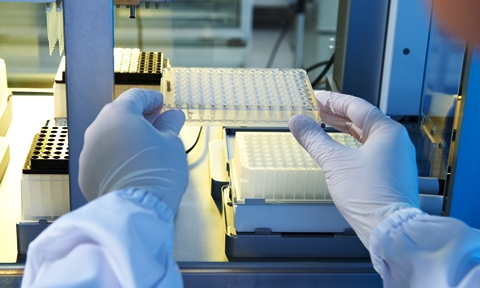Discover the innovations undergoing research, development and testing at NTU research centres
NTU has several research centres focusing on environmental sustainability. This includes the Earth Observatory of Singapore (EOS), Energy Research Institute @NTU (ERI@N), Nanyang Environment & Water Research Institute (NEWRI), Singapore Centre for Environmental Life Sciences Engineering (SCELSE), Singapore CEA Alliance for Research in Circular Economy (SCARCE), Future Ready Food Safety Hub (FRESH@NTU), Institute for Digital Molecular Analytics & Science (IDMxS), NTU Integrated Medical, Biological & Environmental Life Sciences (NIMBELS) and a Sustainable Learning Lab located in the National Institute of Education.
Earth Observatory of Singapore (EOS)
The Earth Observatory of Singapore conducts fundamental research on earthquakes, volcanic eruptions, tsunamis and climate change in and around Southeast Asia, toward safer and more sustainable societies. EOS aims to help build the social compact for Singapore to tackle the challenges of climate change and sustainability, which is central to the major Green Plan policy priority of the Government.
The Institute integrates research across NTU in the context of the energy challenge, and then helps translate outcomes into industry and practice. ERI@N's research focuses on a host of
Interdisciplinary Research Programmes, Flagship Programmes, Consortium Platform and an Accelerator Programme that covers the energy value chain from generation to innovative end-use solutions, motivated by industrialisation and deployment.
Singapore CEA Alliance for Research in Circular Economy (SCARCE)
A joint laboratory between NTU Singapore and the French Alternative
Energies and Atomic Energy Commission (CEA). The joint venture will synergize the expertise of researchers from Singapore and France to address the recycling and recovery of materials from electrical and electronic waste (e-waste), such as discarded lithium-ion
batteries and printed circuit boards. In addition, the laboratory will explore advanced separation and extraction processes of e-waste which are less energy intensive and toxic as compared to current practices. The overall aim is to develop innovative
and energy efficient solutions to recycle and recover e-waste.
Singapore Centre for Environmental Life Sciences Engineering (SCELSE)
Hosted by NTU in partnership with NUS, SCELSE is linking new insights from the life sciences with expertise from the emerging technologies in engineering and natural sciences to understand, harness and control microbial biofilm communities and microbiomes. The exploratory power available to SCELSE researchers, from laboratory-scale to full-scale environmental, medical and engineered systems, combined with an unrivalled level of interdisciplinary expertise places SCELSE in a unique position, to deliver a comprehensive understanding of all aspects of a microbial system.

Future Ready Food Safety Hub (FRESH@NTU)
Set up as a national research platform under the Singapore Food Story R&D agenda, the Future Ready Food Safety Hub (FRESH) provides expert counsel and food safety research services to public and private organisations working to bring novel foods to Singapore. Leveraging our expertise in food toxicology and risk assessment science we help ensure that foods, even those without prior history of safe consumption, can be safely eaten.

Institute for Digital Molecular Analytics and Science (IDMxS)
The Institute for Digital Molecular Analytics and Science (IDMxS), is a Research Centre of Excellence (RCE) at NTU. IDMxS is an organised effort focused on interfacing the biological and living world with the world of information technology and data science.

NTU Integrated Medical, Biological & Environmental Life Sciences (NIMBELS)
NTU Integrated Medical, Biological & Environmental Life Sciences (NIMBELS) is a university-level strategic venture that brings various NTU entities together and collaborate on initiatives to promote synergistic and interdisciplinary partnerships that are critical to addressing many of today’s health and environmental challenges.

Sustainability Learning Lab (SLL) at NIE
The Sustainability Learning Lab (SLL) is a formal center of excellence situated within the National Institute of Education, Nanyang Technological University. Set against a backdrop of rapid climate change, widespread ecological degradation, and uneven development, sustainability is one of humanity’s grand challenges. The inception of SLL is driven by the collective aspiration of our research and teaching community to cultivate sustainability knowledge as well as foster adaptable and inclusive shared futures.
Our Industry Partners
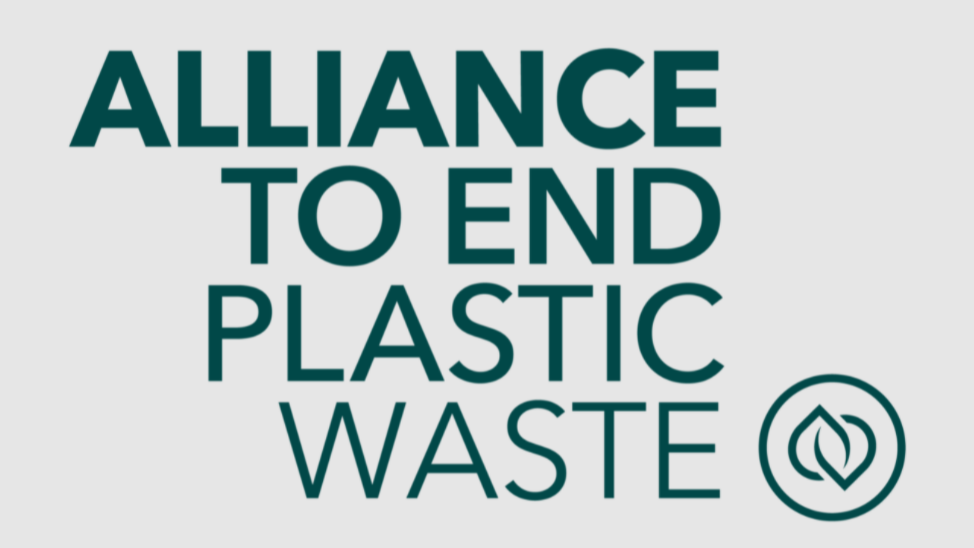







Research News
Unlocking science to solve today's challenges
We are living in unprecedented times. The environment is under strain from the growing demand for natural resources combined with increased waste and carbon emissions, while infectious disease outbreaks threaten the lives and livelihoods of societies. For humanity to live sustainably now and in the future, these challenges need to be mitigated through advances in research and innovation.
From food delivery robots to rapid COVID-19 breathalyser tests, read and watch how NTU is taking the lead in turning bright ideas into real-world solutions.
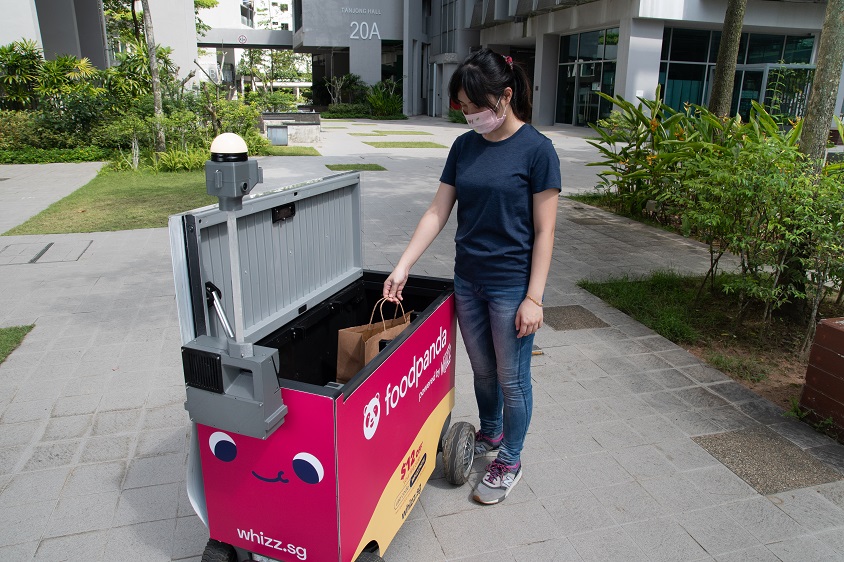
In collaboration with food delivery platforms, a fleet of NTU-created FoodBots has delivered over 12,000 meals on the NTU campus and nearby eco-business parks. Credit: NTU.
Better urban transport with less pollution
On the roads and pavements of NTU’s Smart Campus, you may see several self-driving NTU innovations whizzing along. FoodBots, created by NTU student startup Whizz Mobility, serve up lunch and dinner orders on the NTU campus. Programmed to travel on paths autonomously and controlled by a backend operator to accept orders, the semi-autonomous robots function as delivery drivers. Merchants load food and other items into the robot and the user unlocks the hatch to retrieve their order when the robot arrives at its destination.
NTU has also developed the world’s first full-sized autonomous electric bus in collaboration with Volvo Buses. Operating quietly with zero emissions, the bus requires 80% less energy than an equivalent-sized diesel bus. The vehicle has undergone rigorous testing at the Centre of Excellence for Testing & Research of Autonomous Vehicles-NTU and has been trialled on designated routes in the NTU campus, with plans to extend its route beyond NTU.
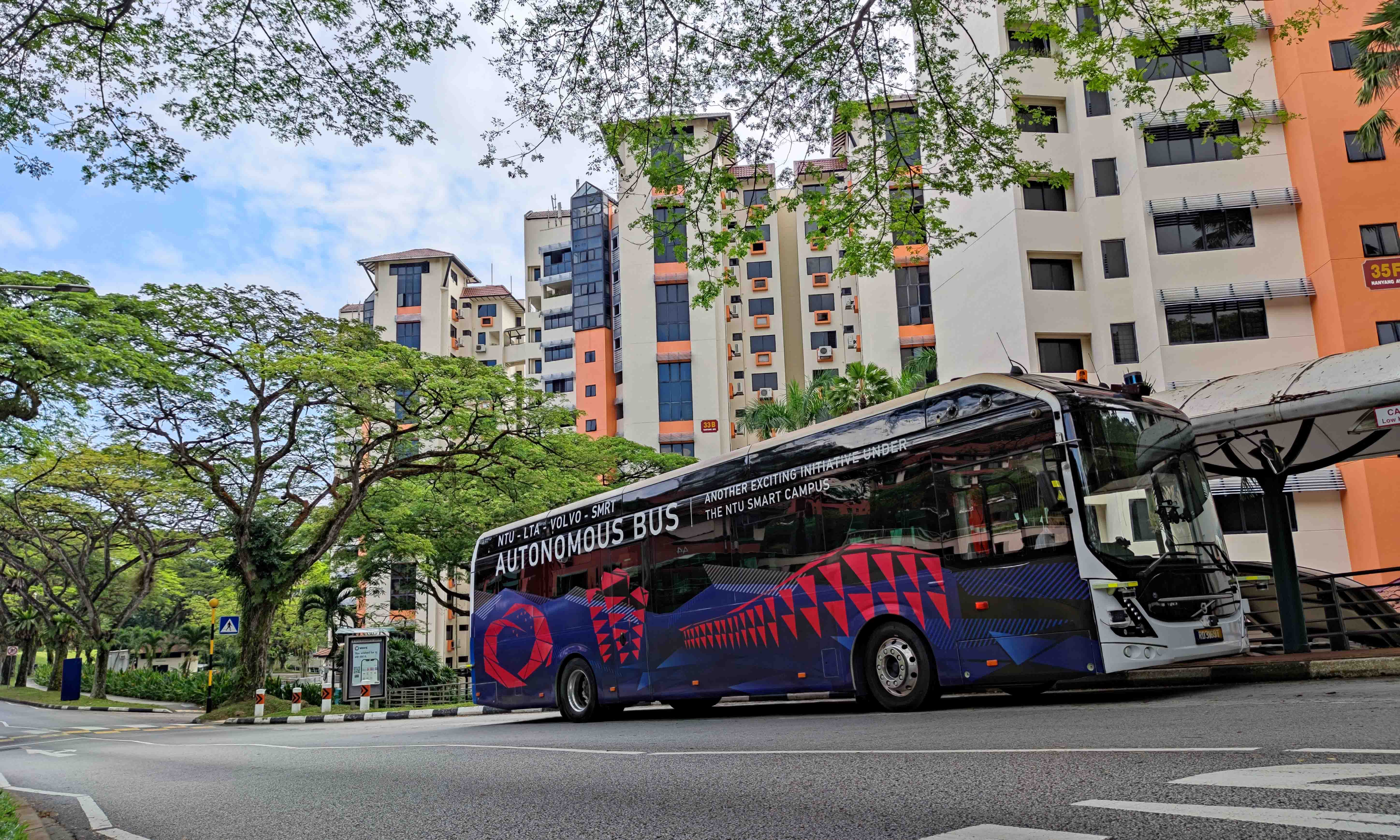
Scan to watch how sustainable autonomous technology developed at NTU is shaping the future of transportation.

Click here for the video.
Turning waste into resources
At NTU, the saying “one man’s trash is another man’s treasure” is more than a figure of speech.
Food scientists at NTU have developed an eco-friendly method of obtaining a natural biopolymer called chitosan from prawn shells by fermenting them with fruit waste. The chitosan can then be turned into biodegradable food-grade packaging that could potentially replace plastic containers used for food takeaways. The researchers have also repurposed soybean residue for use in the alternative protein industry and made antibacterial bandages from discarded durian husks (read more about NTU’s efforts to reduce food waste on page 15).

Elsewhere, NTU scientists have developed a novel method of treating spent lithium-ion batteries: using discarded fruit peels to extract and reuse precious metals from depleted batteries in order to create new batteries. By tackling both food waste and electronic waste at the same time, this waste-to-resource approach supports the development of a circular economy with zero waste generation.
Jointly developed by the National Environment Agency in Singapore and NTU’s Nanyang Environment and Water Research Institute and supported by the Singapore Economic Development Board, the Waste-to-Energy Research Facility is a unique waste treatment facility that turns solid waste into resources, thus taking some of the load off Singapore’s limited landfills. The waste treatment process produces slag – a glass-like material that can be used to make a construction material known as NEWSand. As the facility treats waste at much higher temperatures than typical incinerators, less ash is produced and discarded.
Scan to watch how research at NTU is giving waste a second lease of life.

Click here for the video.
Curbing COVID-19
the infection from spreading.
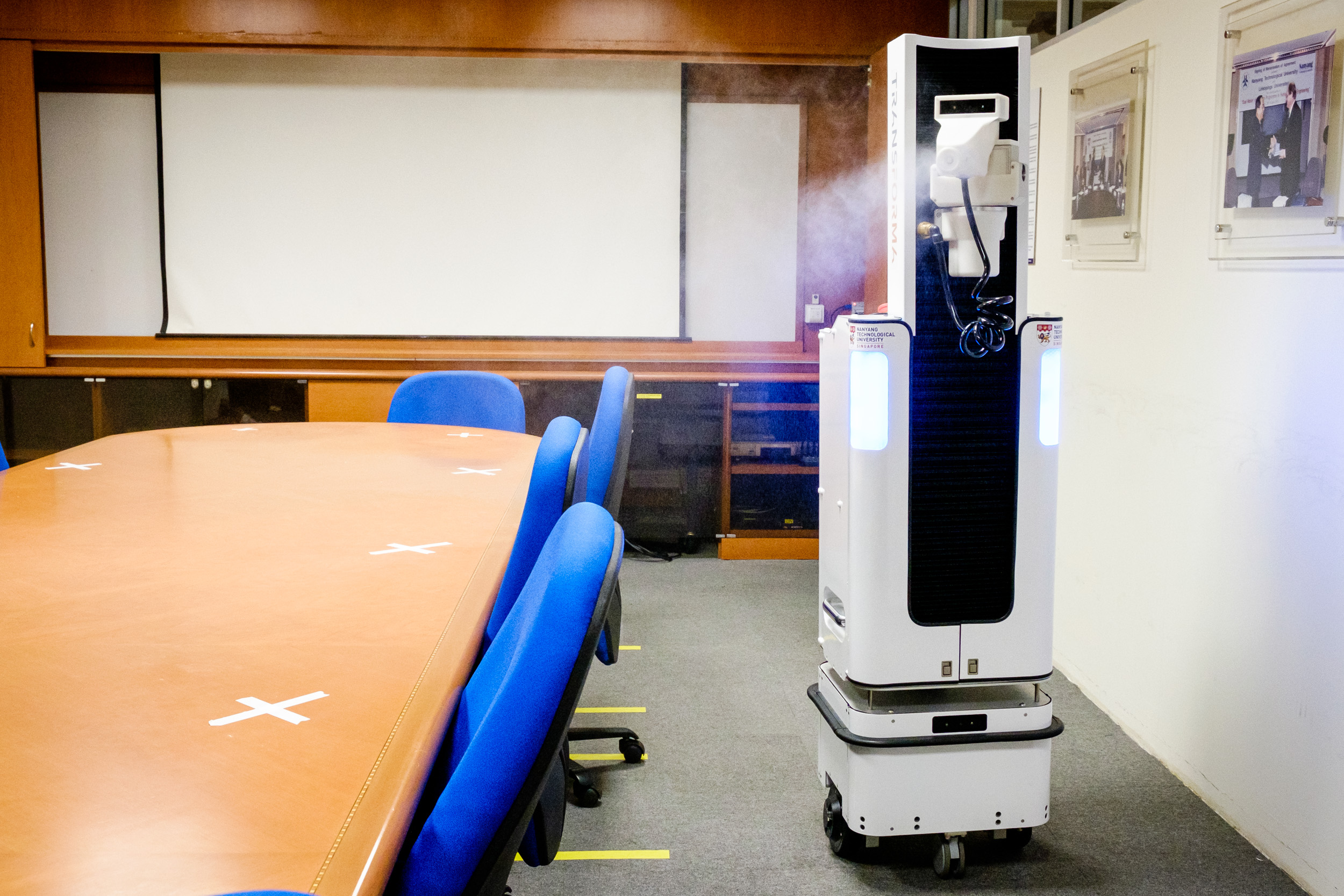
Thanks to its ability to disinfect large areas quickly, the semiautonomous XDBOT reduces the need for manpower to perform this labour-intensive and repetitive task. Credit: NTU.
To speed up mass COVID-19 screening, NTU scientists have invented a fast and accurate breathalyser test called TracieX that works in two minutes. TracieX has been commercialised by Silver Factory Technology, an NTU spinoff company founded by the team that developed the test, and has been approved for use in Singapore. The team hopes that it will soon be used at events to screenfor COVID-19 infections.
Scan to see how NTU’s inventions are combatting COVID-19.

Click here for the video.
The article appeared first in NTU's research & innovation magazine Pushing Frontiers (issue #20, June 2022).
- Engineering & Technology
- Research features
- Robotics
- Sustainability





